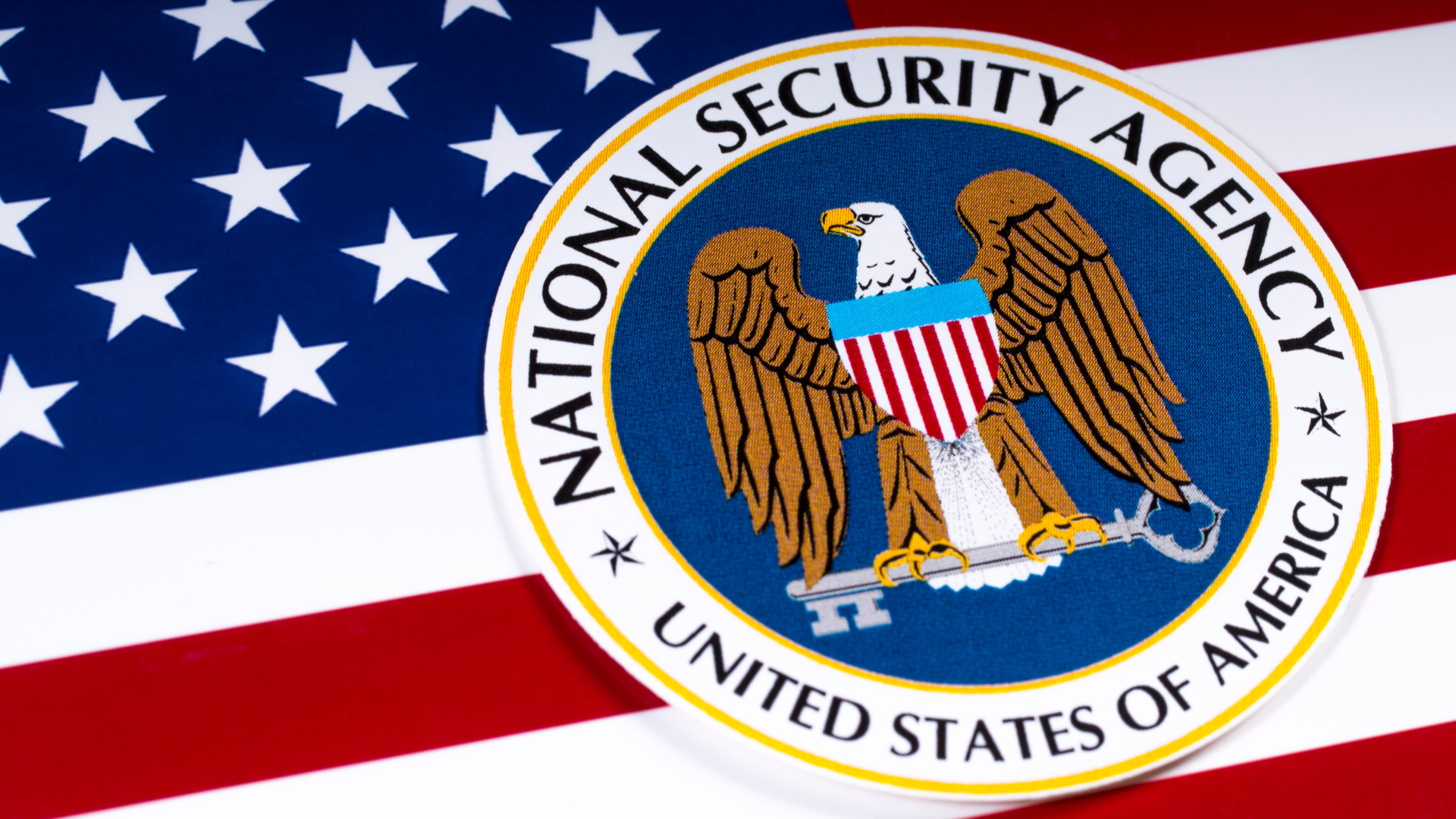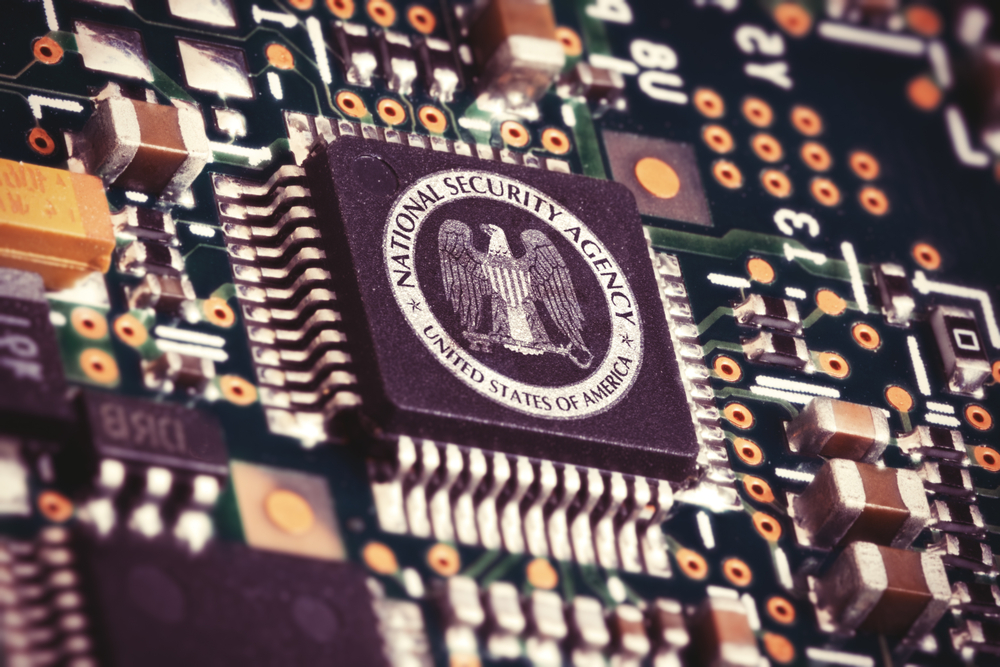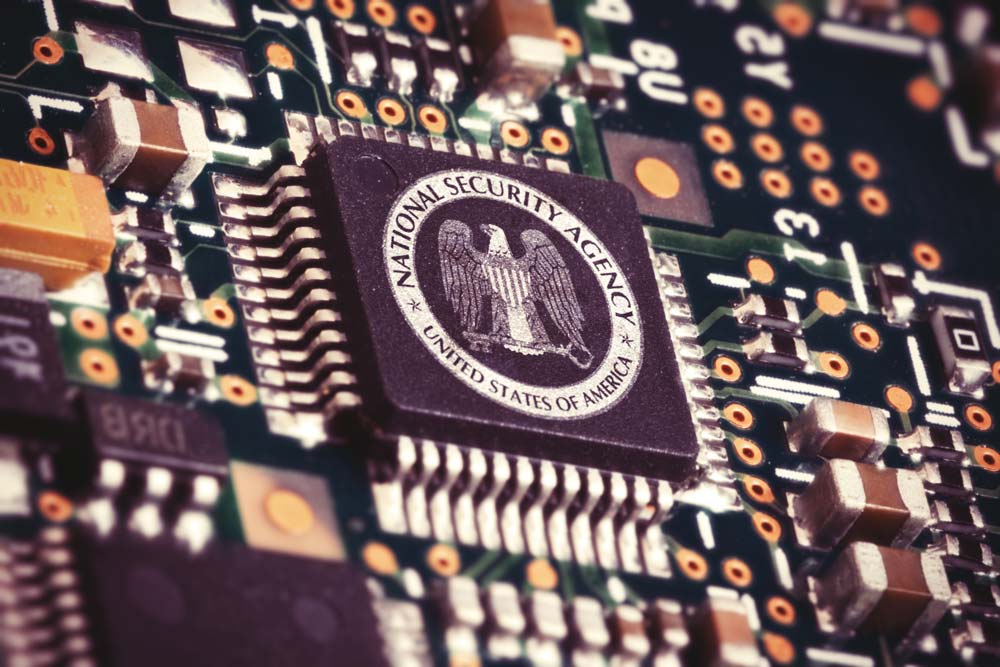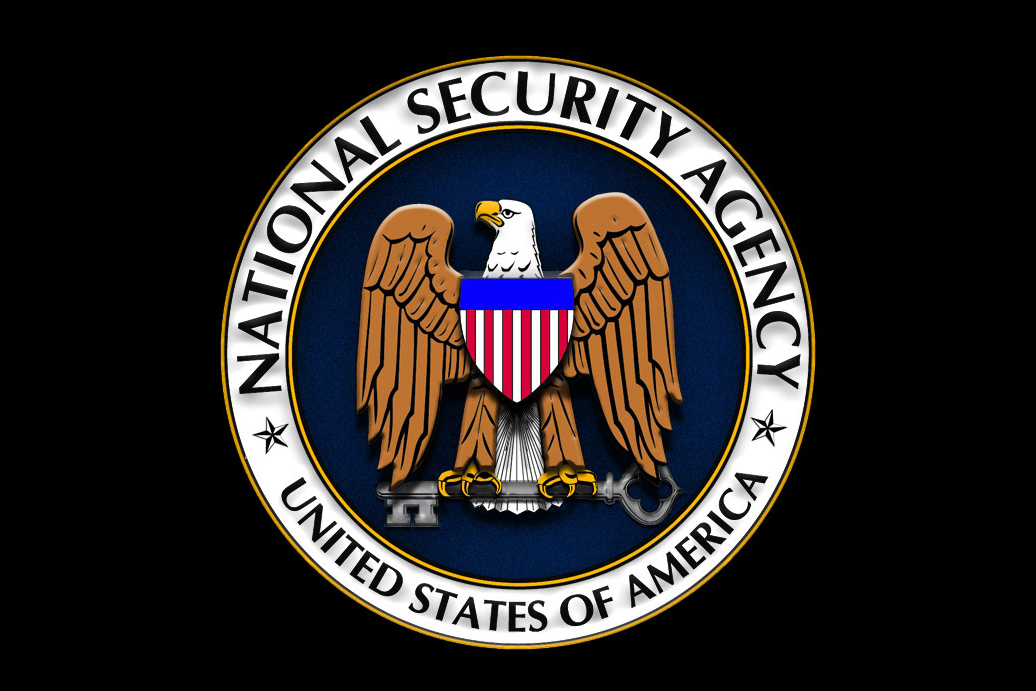GCHQ 'hacked oil body OPEC'
Snowden leak indicates GCHQ used fake LinkedIn pages to serve up malware to OPEC employees in Austria.

British and US intelligence agencies infiltrated the computer systems of the Organisation of the Petroleum Exporting Countries (OPEC), the latest Edward Snowden leaks have revealed.
GCHQ is believed to have hacked computers of nine employees at OPEC, a group designed to coordinate oil prices across member states, including Iran, Iraq, Saudi Arabia and Venezuela.
British snoops managed to gain administrator privileges for the OPEC network at the organisation's Vienna headquarters, acquiring access to two servers containing "many documents of interest", according to German title Der Spiegel.
GCHQ agents were said to have used social engineering tactics to infect targets, using fake LinkedIn and Slashdot pages to serve up malware.
Global roaming exchanges, akin to internet exchanges for dealing with mobile traffic for those travelling around the world, were also targeted with similar tactics.
The NSA appeared to be targeting information on Saudi manipulation of oil prices in its successful breaches of OPEC.
The oil body had not responded to a request for comment at the time of publication.
Sign up today and you will receive a free copy of our Future Focus 2025 report - the leading guidance on AI, cybersecurity and other IT challenges as per 700+ senior executives
GCHQ is facing pressure to talk about an alleged attack on another major organisation, Belgium-based ISP Belgacom, which is a supplier to the European Union.
Last week, officials from GCHQ, MI5 and MI6 appeared before the Intelligence and Security Committee, offering a defence of their surveillance and an attack on those leaking information from Snowden.
They claimed the leaks had been hugely damaging to surveillance operations, which were designed to catch terrorists, paedophiles and others using encryption and various anonymising tools to cover their tracks. Sir John Sawers, head of MI6, said Al-Qaeda was "lapping it up".
Meanwhile, Britain has been accused of spying on Iceland when the financial crisis hit and UK institutions wanted to recover money from bankrupt Icelandic banks. MP Birgitta Jnsdttir said she had received a tip-off from Wikileaks leader Julian Assange in 2010, claiming agents had intercepted email messages of Icelandic negotiators.
She told Icelandic paper Visir that the UK "had very good access to everything that was going on between members of the team".
"It is the role of intelligence, for example MI5, to spy on other countries, especially if it concerns their national interests. Their duty was to gather information and intelligence about us, and the duty of the Icelandic government was to do everything to protect us against such espionage."
-
 Small businesses are ‘flying blind’ on carbon emissions and struggling to track sustainability goals
Small businesses are ‘flying blind’ on carbon emissions and struggling to track sustainability goalsNews Research from Wasabi shows small businesses are struggling to keep track of carbon emissions, and a key factor lies in the poor reporting from tech vendors.
-
 Gestion du cloud avancée : Qu'est-ce que StreamOne® et comment la plateforme peut-elle représenter un avantage pour votre entreprise, aujourd'hui et dans le futur?
Gestion du cloud avancée : Qu'est-ce que StreamOne® et comment la plateforme peut-elle représenter un avantage pour votre entreprise, aujourd'hui et dans le futur?Sponsored Ne vous contentez pas d'acheter le cloud, maîtrisez-le. La plateforme StreamOne® de TD SYNNEX offre une puissante approche écosystème de la gestion avancée du cloud, dépassant largement les limites d'une marketplace classique...
-
 NSA issues guidance on encrypted DNS usage
NSA issues guidance on encrypted DNS usageNews The US National Security Agency warns enterprises not to use third-party DNS resolvers
-
 If you're surprised the NSA can hack your computer, you need a reality check
If you're surprised the NSA can hack your computer, you need a reality checkOpinion We’ve reached a situation where OSes are so complex, they're impossible to secure
-
 Shadow Broker exploit dumps five million cyber attacks
Shadow Broker exploit dumps five million cyber attacksNews Kaspersky: Hacking tool leaks fuel cyber criminal activity
-
 The NSA is sharing projects on GitHub
The NSA is sharing projects on GitHubNews Some of the projects are outdated, but could prove useful to some open source developers
-
 Juniper Networks to ditch alleged NSA eavesdropping code
Juniper Networks to ditch alleged NSA eavesdropping codeNews New security systems without the code will be shipped in first half of this year
-
 AT&T and NSA collaborated on "vast" surveillance program
AT&T and NSA collaborated on "vast" surveillance programNews Documents reveal the two organisations have been working together for decades
-
 NSA phone spying was illegal, rules US court
NSA phone spying was illegal, rules US courtNews Patriot Act does not cover bulk data collection, says Court of Appeals
-
 Ex-NSA director: Support for insecure cryptography tool "regrettable"
Ex-NSA director: Support for insecure cryptography tool "regrettable"News The solution was riddled with backdoors but was pushed to businesses regardless